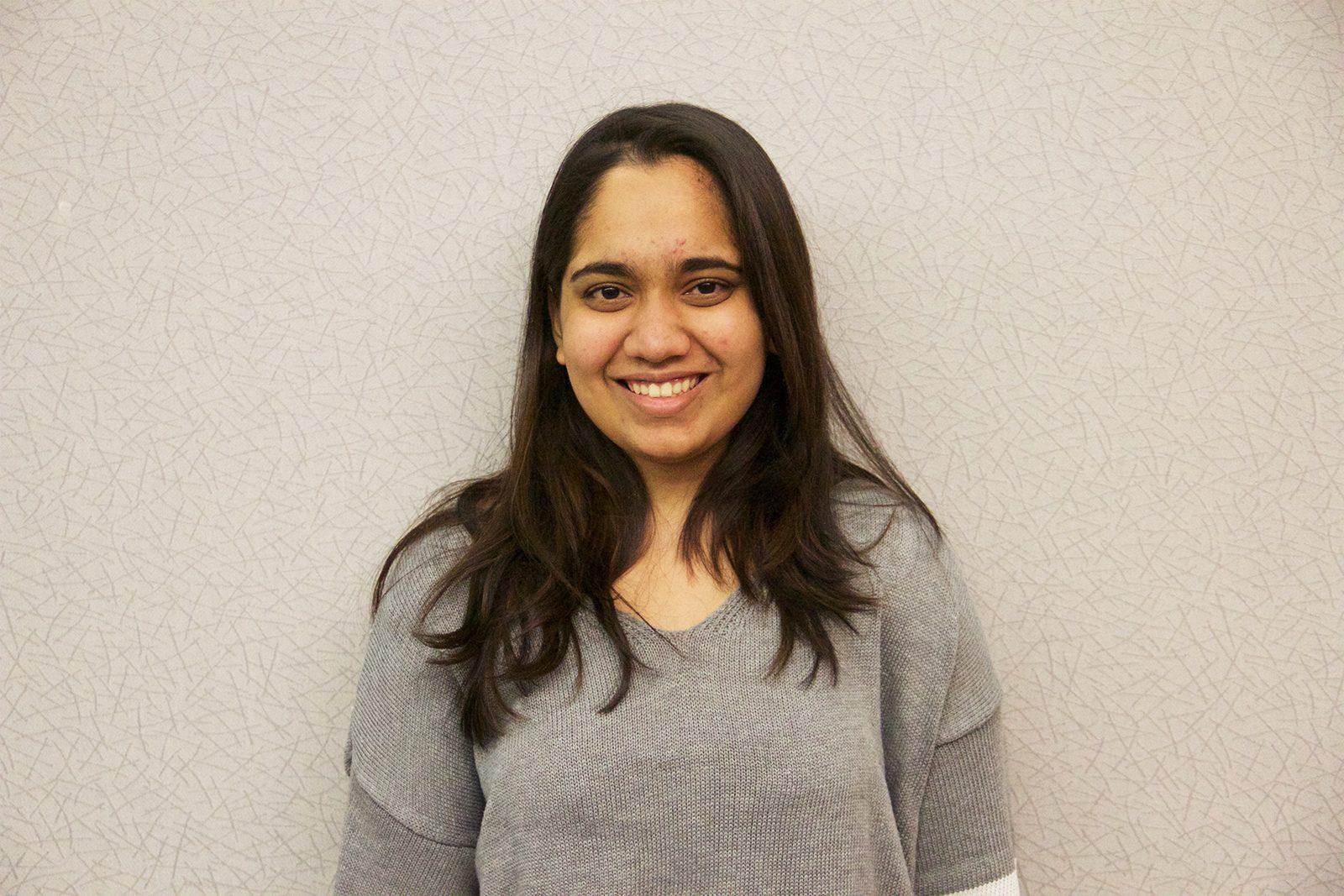Venezuela is famous for its success with beauty pageants. It has the highest number of Miss World, with six titles. It also has the second-highest number of Miss Universe titles, tailing behind the United States, which has eight Miss Universe titles. A lot of this success is attributed to the large beauty pageant industry in the country, which has schools to train girls right from the age of four to become future beauty queens.
Venezuela’s government has said in the past that there is “no socialism without feminism.” Additionally, Venezuela has a constitution with some of the most gender components in the world; it categorizes 19 types of violence against women.
However, Venezuela still sees a large number of cases of gender-based violence against women and severe inability to monitor domestic abuse. In 2014, almost 48,100 complaints of domestic violence were reported. The country has only two women’s shelters, even though it has a multibillion-dollar cosmetics industry. A lot of people believe that the female condition in Venezuela is associated with strong stereotypes of “typical beauty.” Cosmetics and beauty industries have a culture weighed down with female stereotypes, with advertisements that saturate the media with images of cosmetically altered women who require even more surgery.
Opinion about the effect of beauty pageants on women’s role in Venezuelan society has been fairly divided. Women here are encouraged to confirm to very rigid beauty standards from a young age, with even little girls being highly sexualized at beauty pageants. Breast implants are also common, and it’s becoming a tradition to gift these procedures to daughters on the auspicious fifteenth birthday. Hundreds of women die in risky cosmetic surgeries in Venezuela every year.
What is worse is the casual acceptance of several other daily “grooming techniques.” The women training for these pageants often partake in practices that are detrimental to their well-being. For example, it is common for them to have portions of their intestines cut up to reduce calorie absorption, having meshes sewed to their tongues to make eating unbearably painful, and wearing plaster waist casts for hours in order to shrink their waists. All these promote an unhealthy beauty standard for women and commodifies them into modifiable products.
Candidates for Miss Venezuela must meet three requirements: taller than 1.7 meters, between 17 and 25 years old and weigh between 50 and 65 kilograms. These requirements are nowhere near the average description of Venezuelan women. What are they hoping to achieve, then? Apparently, the schools promise to make them more feminine and better groomed.
In Venezuela, there is almost no criticism of the beauty pageant phenomenon. A feminist group from the Central University of Venezuela interrupted the Miss Venezuela broadcast in 1972 in the first display of any outcry. While former President Hugo Chavez had spoken out against the many females undergoing plastic surgery in Venezuela, he hasn’t outright blamed beauty pageants for the abundance of these procedures.
Part of this is due to the huge clout of the pageant industry, and part of it is due to how deep-rooted pageant culture is in Venezuela. Acceptance of the contests is partly a result of the country’s culture. People are expected to adhere to traditional gender roles — women gentle and delicate, men strong and brave. A lot of women take pride in the slogan that the Venezuelan woman is beautiful. They reject the assumption that this implies pretty women are stupid.
This argument would be more convincing if hundreds of Venezuelan women were not undergoing harmful procedures to fit the criteria for these competitions. After all, a woman doesn’t have to look drop-dead gorgeous in a bikini to be able to talk about world peace, right?






















































































































